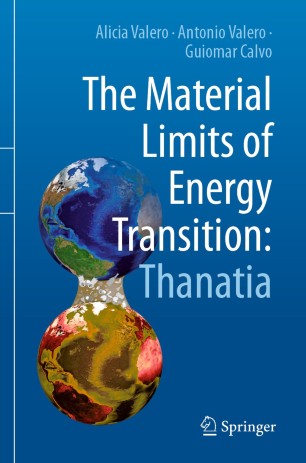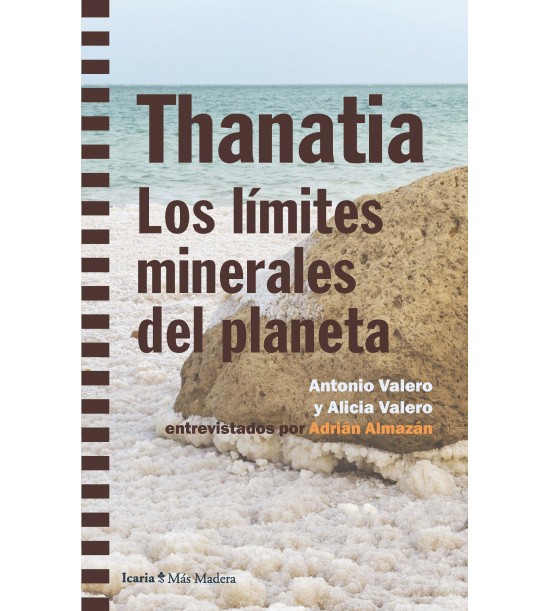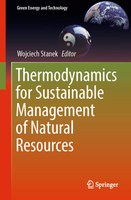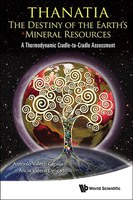Jan Tadeusz Szargut
Professor Jan Szargut (09 Sep 1923 Lwów – 21 Nov 2017 Gliwice) was one of the World’s most valued experts on thermodynamics, energy management and, in particular, exergy analysis. He began his studies at the Mechanical Faculty of Lwów University of Technology, which was functioning during the German occupation as Technische Fachkurse. Following WW2, Lwów was incorporated to the USSR and the majority of habitants were resettled to the former German territories incorporated to Poland. A poet Adam Zagajewski wrote: Millions of people pushed the covers of their suitcases with their knees, it happened so on a wish of three elderly gentlemen who had met in Yalta.
Once arrived to Gliwice, Jan Szargut continued his studies in the newly founded Silesian University of Technology. Graduated cum lauda, he then started working as research assistant in the Institute of Thermal Machines Theory. In 1955, he defended his PhD dissertation entitled Balance equations following the 1st and the 2nd Law of Thermodynamics. He gained the extraordinary and the full professor titles in 1962 and 1969, respectively. He was head of the Institute of Thermal Technology since 1971 until his retirement in 1993. Ultimately, he remained an active scientist, publishing and co-operating with his team until the very last days of his life.
Jan Szargut is particularly known for his work on irreversibility of thermal processes. According to the suggestion of Z. Rant he used the term exergy. In 1956 he introduced his own version of the exergy flow diagram. He also elaborated the theory of chemical exergy calculation and he introduced the concept of reference substances most common in the natural environment. In 1961 he introduced solid reference substances present in the Earth’s crust and an approximate method of calculation of chemical exergy by means of those substances. He also developed the concept of normal chemical exergy basing upon conventional mean values of ambient temperature, pressure and concentration of reference substances in the natural environment. In 1971 he introduced the concept of reference substances dissolved in sea water. Since 1978 he analyzed the cumulative consumption of non-renewable natural resources of exergy. In 1986 he introduced the concept of the ecological cost determining the depletion of non-renewable natural resources (now thermo-ecological cost) and its minimization. In 1988 he has developed the theory of partial exergy losses appearing in particular links of the chain of technological processes. In 1991 he suggested to introduce a pro-ecological tax replacing the actual taxes as a tool to decouple the economic growth from the consumption of resources.
Since 1976 he was a member of the Polish Academy of Sciences. He was author and co-author of 290 scientific articles and 21 books (3 on exergy problems specifically), and supervised 28 defended PhD theses. He was a Honorary Editor of the International Journal of Thermodynamics and Associate Editor of Energy, the International Journal. Although he received many state awards labelled as golden or 1st degree, he remained an example of modesty and nonmaterialistic approach to work, usually using a bicycle to get to the University at early morning hours.












